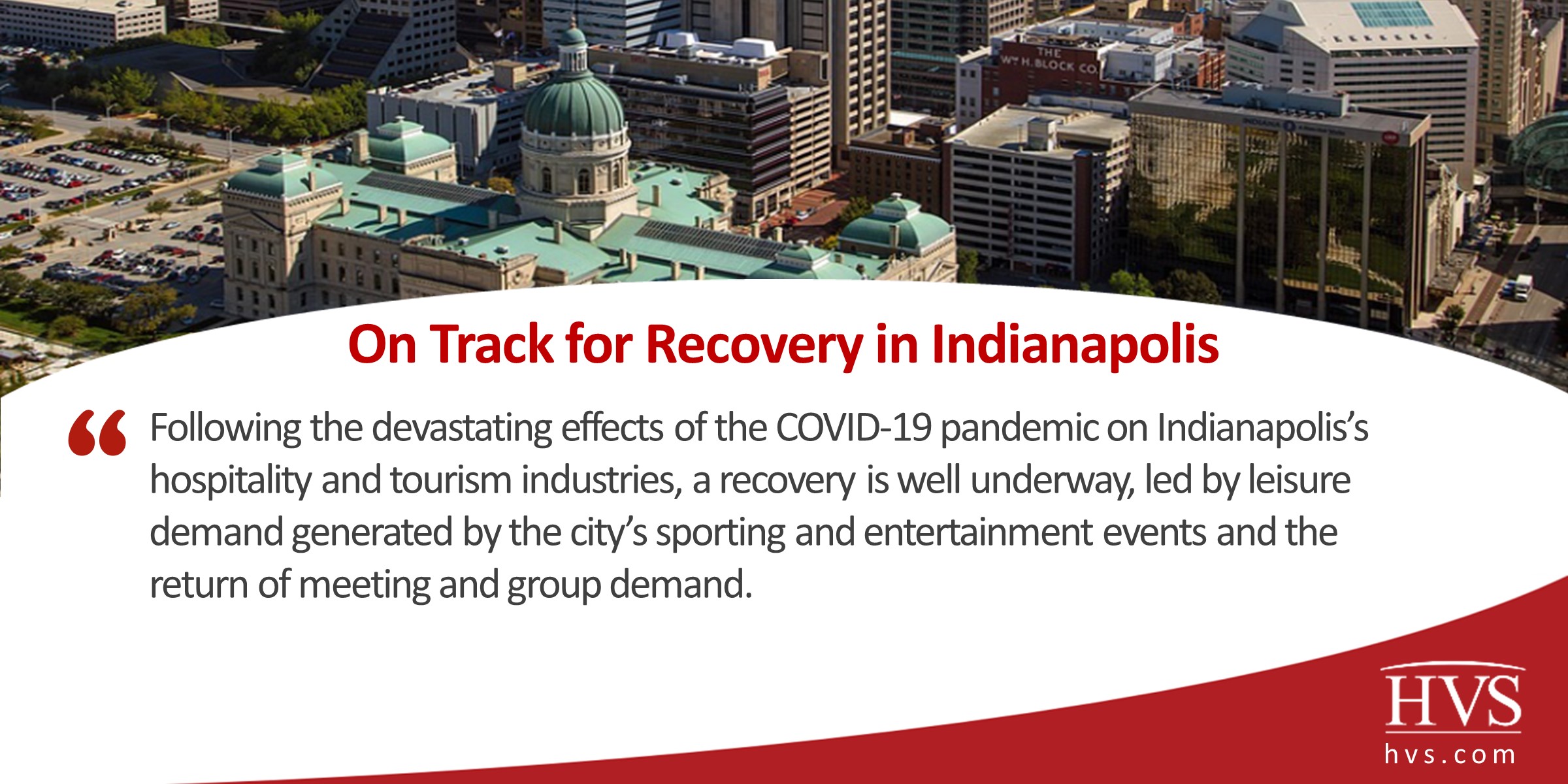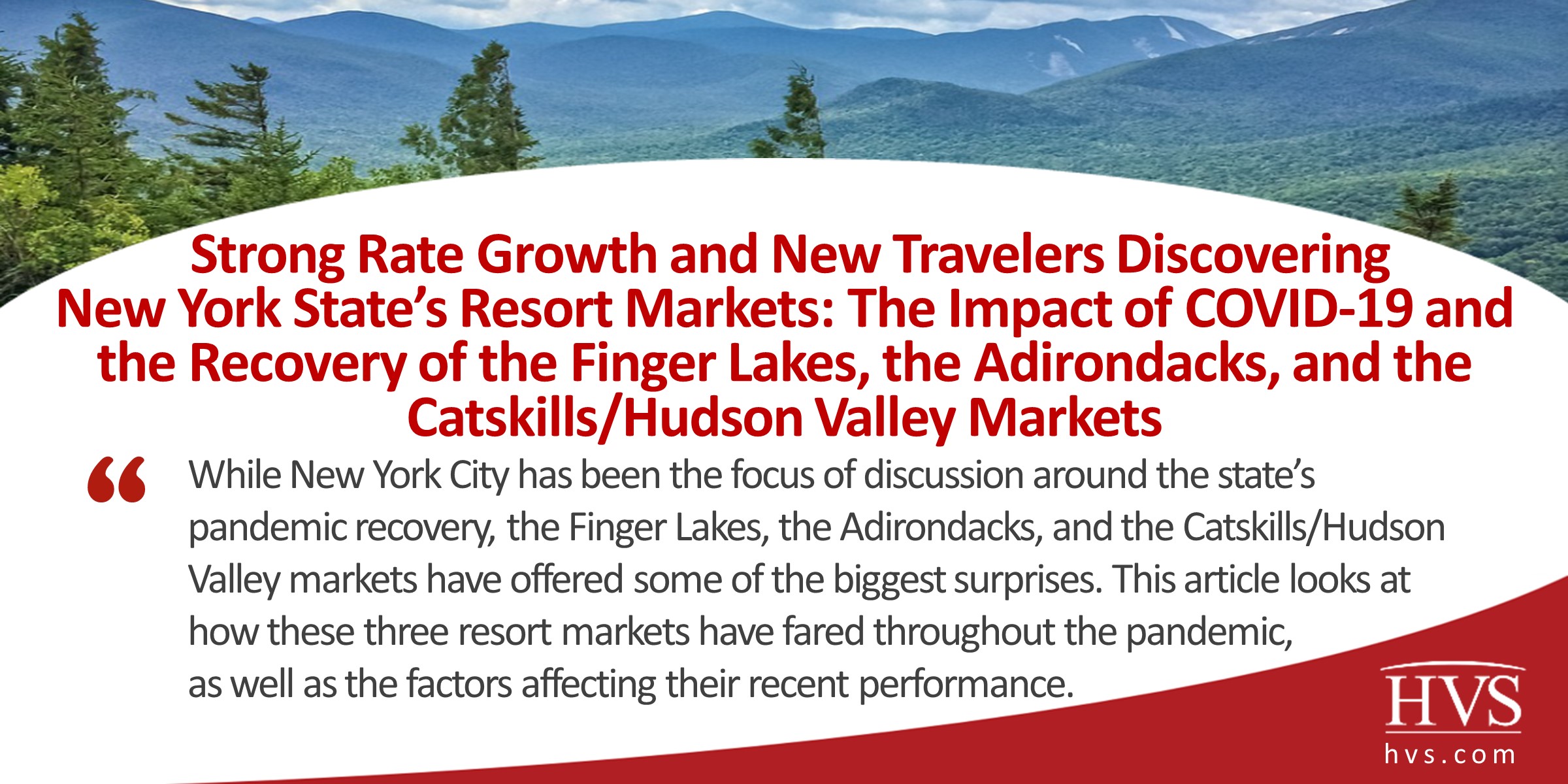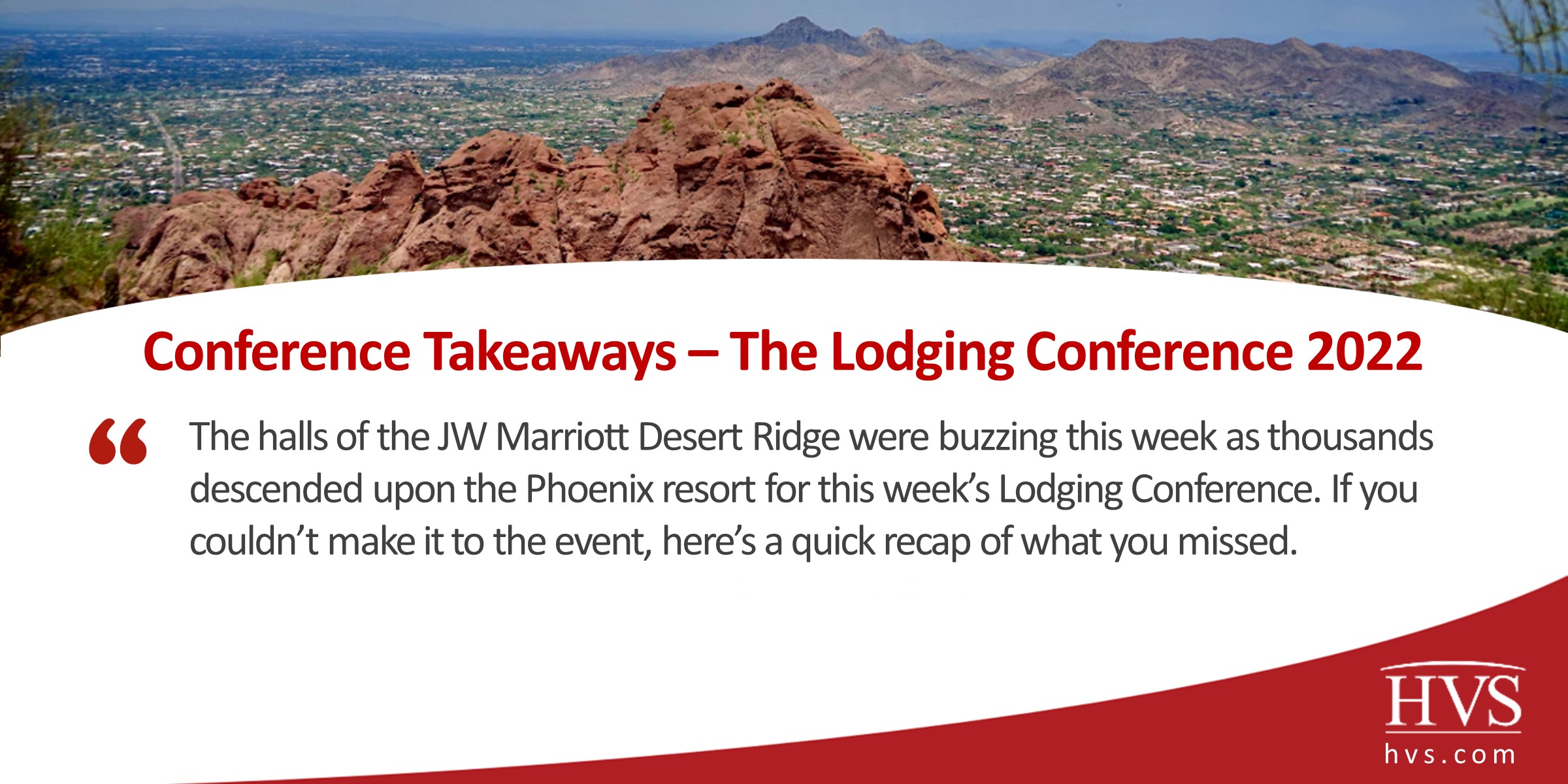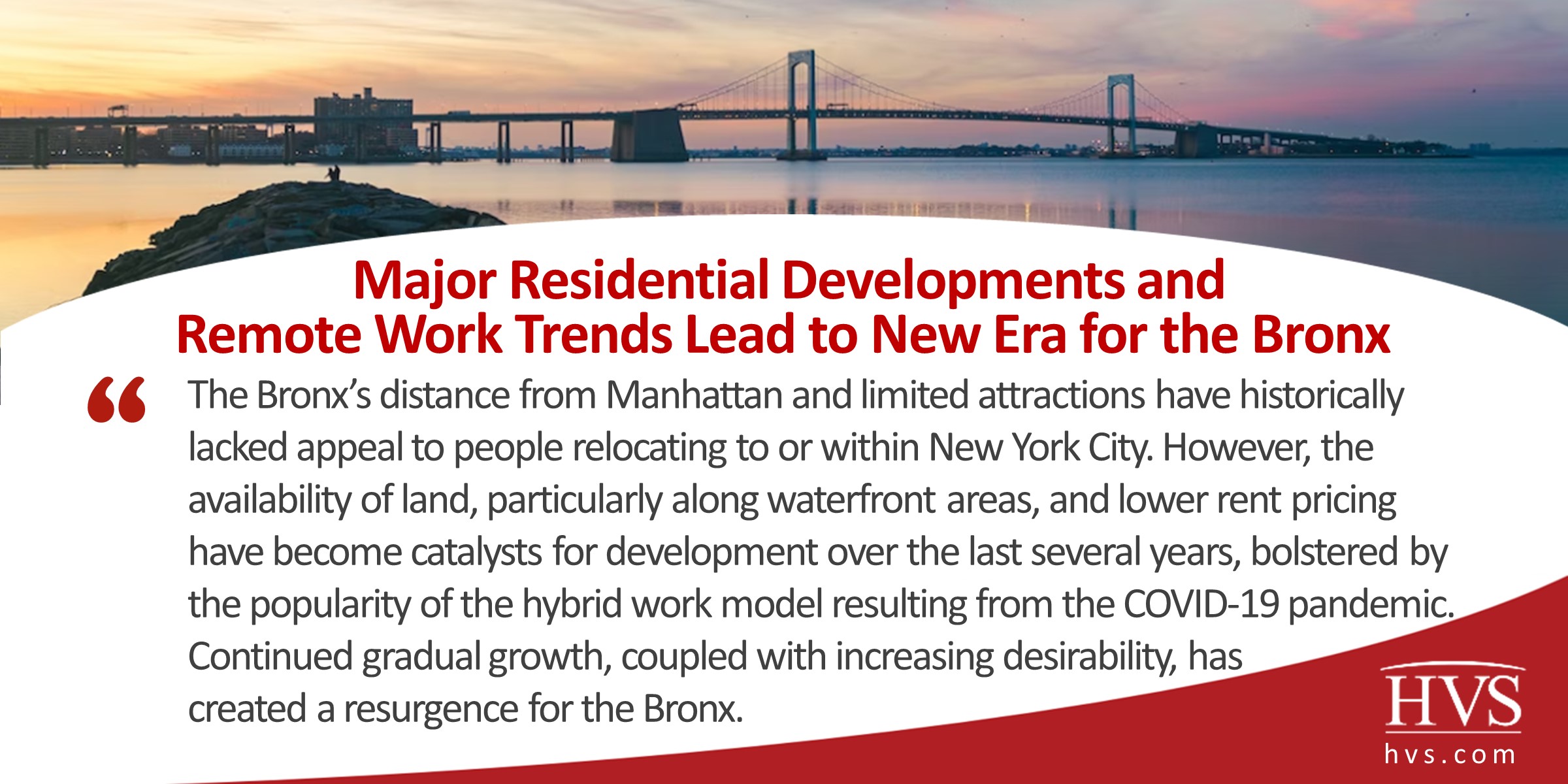This article provides an overview of Cortina d'Ampezzo, one of the most prominent ski resorts in Italy and host, together with Milan, of the upcoming 2026 Winter Olympic Games. Besides examining the historical tourism trends and the latest news, the article tries to assess the short- and long-term impact of the Olympic Winter Games on the destination.
Industry Insights
We have written thousands of articles about all aspects of hospitality, including valuations, investing, lending, operations, asset management, and much more.
In Focus: Cortina d'Ampezzo, Italy
This article provides an overview of Cortina d'Ampezzo, one of the most prominent ski resorts in Italy and host, together with Milan, of the upcoming 2026 Winter Olympic Games. Besides examining the historical tourism trends and the latest news, the article tries to assess the short- and long-term impact of the Olympic Winter Games on the destination.
Total Spend Can Be Your Friend
Revenue managers should think like options traders. The COVID-19 pandemic and subsequent recovery taught hotel operators that average daily rates can be extremely volatile. Revenue-management strategies focused on total guest spend can help mitigate the risk involved in achieving RevPAR share through a high ADR. Management companies need to incorporate techniques and practices to evaluate all possible revenue-generating strategies.
Enhance Your Hotel Team’s Autism Awareness
Autism awareness is an effort HVS supports by engaging with Autism Double-Checked, an organization that provides education and training about this disability. We encourage you and your hotel operations team to contact them and learn more.
A Review of Equity Yields and Discount Rates in a Post-COVID Environment
Equity yields and discount rates remain at or below pre-COVID levels; however, rising debt costs will result in changing investor return expectations.
Hotel Performance Analysis – What Is It, and How Could It Improve Your Hotel Operation?
In the post-COVID-19 world, the hospitality industry has had to reevaluate and adjust how it does business. From shifting market segments, to redeploying sales teams, to addressing operational challenges, hoteliers have been forced to evolve as they continue the path to recovery. Our Hotel Performance Analysis can help.
On Track for Recovery in Indianapolis
Following the devastating effects of the COVID-19 pandemic on Indianapolis’s hospitality and tourism industries, a recovery is well underway, led by leisure demand generated by the city’s sporting and entertainment events and the return of meeting and group demand.
Strong Rate Growth and New Travelers Discovering New York State’s Resort Markets: The Impact of COVID-19 and the Recovery of the Finger Lakes, the Adirondacks, and the Catskills/Hudson Valley Markets
While New York City has been the focus of discussion around the state’s pandemic recovery, the Finger Lakes, the Adirondacks, and the Catskills/Hudson Valley markets have offered some of the biggest surprises. This article looks at how these three resort markets have fared throughout the pandemic, as well as the factors affecting their recent performance.
Conference Takeaways – The Lodging Conference 2022
The halls of the JW Marriott Desert Ridge were buzzing this week as thousands descended upon the Phoenix resort for this week’s Lodging Conference. If you couldn’t make it to the event, here’s a quick recap of what you missed.
Major Residential Developments and Remote Work Trends Lead to New Era for the Bronx
The Bronx’s distance from Manhattan and limited attractions have historically lacked appeal to people relocating to or within New York City. However, the availability of land, particularly along waterfront areas, and lower rent pricing have become catalysts for development over the last several years, bolstered by the popularity of the hybrid work model resulting from the COVID-19 pandemic. Continued gradual growth, coupled with increasing desirability, has created a resurgence for the Bronx.
Canadian Lodging Outlook Quarterly 2022-Q2
In spite of a very soft Q1 in 2022 the RevPAR decline has closed to 11.1% year-to-date through June over 2019 in comparison to the RevPAR decline of 62.3% at year end 2020 over 2019. Canadian airport markets are leading the recovery with occupancy rates while downtown markets are experiencing unprecedented ADRs. The luxury segment is witnessing the greatest ADR growth coupled with still the greatest decrease in market demand. These are definitely interesting times in the hotel industry!
Industry Insights
We have written thousands of articles about all aspects of hospitality, including valuations, investing, lending, operations, asset management, and much more.

Revenue managers should think like options traders. The COVID-19 pandemic and subsequent recovery taught hotel operators that average daily rates can be extremely volatile. Revenue-management strategies focused on total guest spend can help mitigate the risk involved in achieving RevPAR share through a high ADR. Management companies need to incorporate techniques and practices to evaluate all possible revenue-generating strategies.

Autism awareness is an effort HVS supports by engaging with Autism Double-Checked, an organization that provides education and training about this disability. We encourage you and your hotel operations team to contact them and learn more.

Equity yields and discount rates remain at or below pre-COVID levels; however, rising debt costs will result in changing investor return expectations.

In the post-COVID-19 world, the hospitality industry has had to reevaluate and adjust how it does business. From shifting market segments, to redeploying sales teams, to addressing operational challenges, hoteliers have been forced to evolve as they continue the path to recovery. Our Hotel Performance Analysis can help.

Following the devastating effects of the COVID-19 pandemic on Indianapolis’s hospitality and tourism industries, a recovery is well underway, led by leisure demand generated by the city’s sporting and entertainment events and the return of meeting and group demand.

While New York City has been the focus of discussion around the state’s pandemic recovery, the Finger Lakes, the Adirondacks, and the Catskills/Hudson Valley markets have offered some of the biggest surprises. This article looks at how these three resort markets have fared throughout the pandemic, as well as the factors affecting their recent performance.

The halls of the JW Marriott Desert Ridge were buzzing this week as thousands descended upon the Phoenix resort for this week’s Lodging Conference. If you couldn’t make it to the event, here’s a quick recap of what you missed.

The Bronx’s distance from Manhattan and limited attractions have historically lacked appeal to people relocating to or within New York City. However, the availability of land, particularly along waterfront areas, and lower rent pricing have become catalysts for development over the last several years, bolstered by the popularity of the hybrid work model resulting from the COVID-19 pandemic. Continued gradual growth, coupled with increasing desirability, has created a resurgence for the Bronx.
In spite of a very soft Q1 in 2022 the RevPAR decline has closed to 11.1% year-to-date through June over 2019 in comparison to the RevPAR decline of 62.3% at year end 2020 over 2019. Canadian airport markets are leading the recovery with occupancy rates while downtown markets are experiencing unprecedented ADRs. The luxury segment is witnessing the greatest ADR growth coupled with still the greatest decrease in market demand. These are definitely interesting times in the hotel industry!

Robust demand in urban centers continues to drive Canadian hotel values despite high interest rate environment.